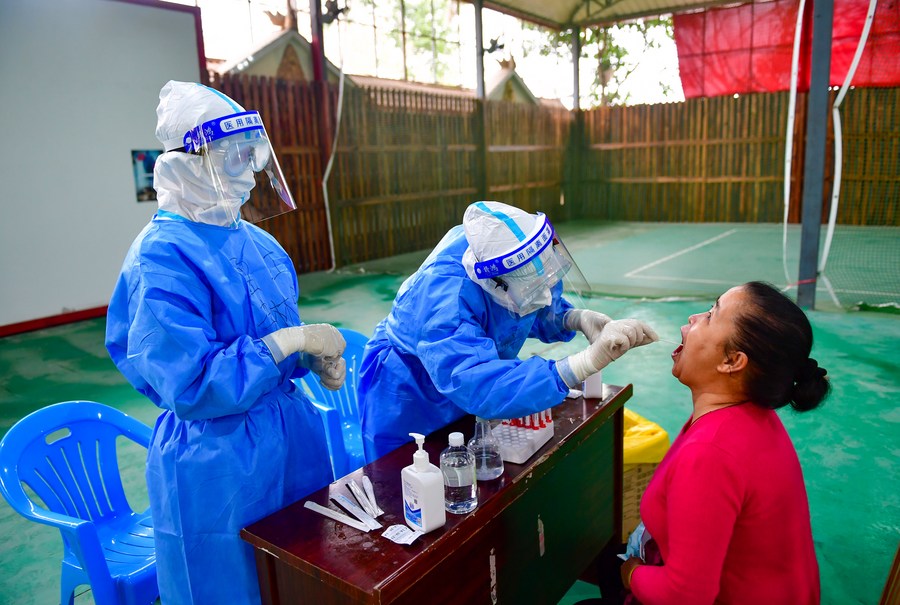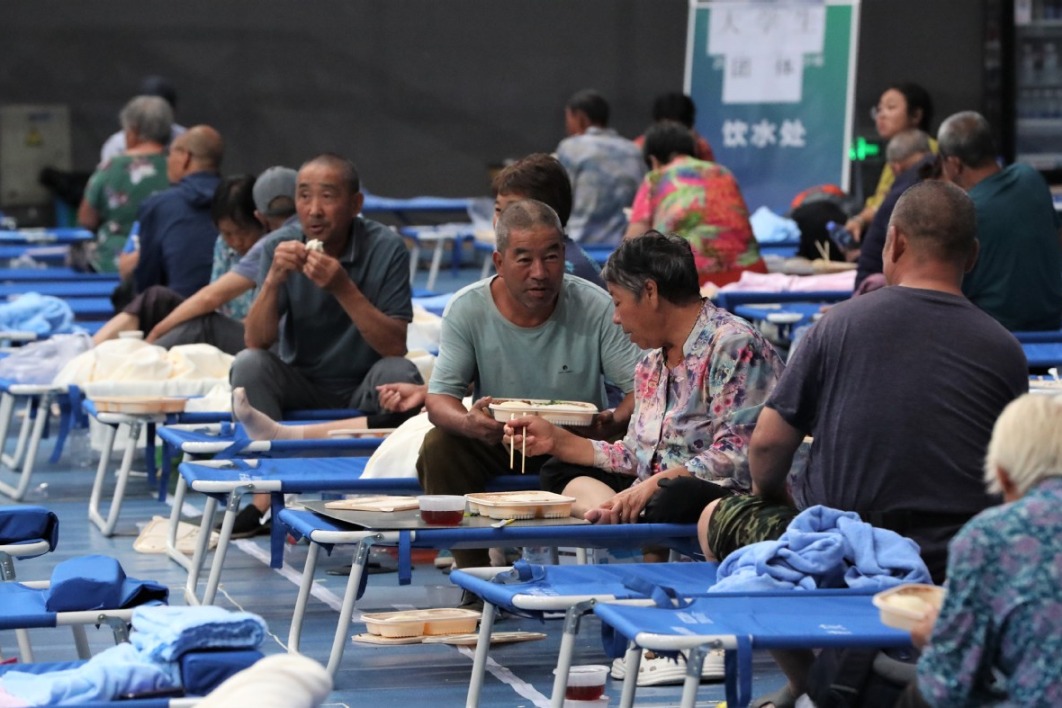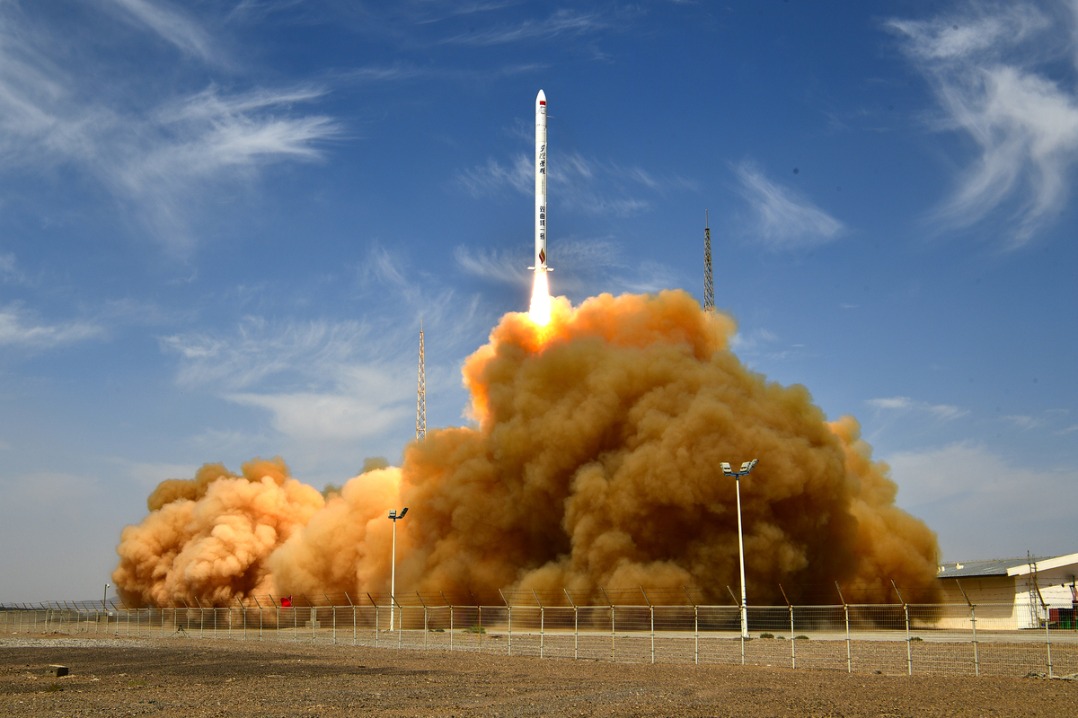COVID-19 diagnosis by antibodies only applies to unvaccinated population: NHC


BEIJING -- China's National Health Commission (NHC) has updated its rules on the diagnosis of COVID-19 cases, stating that diagnosis based on the presence of antibodies only applies to those who have not yet been vaccinated.
The change came on Thursday as part of the NHC's updated diagnosis and treatment plan for COVID-19.
The eighth version of the plan identifies positive nucleic acid testing as the primary criterion for diagnosis, requiring diagnosis to be made on the basis of a comprehensive analysis of epidemiological history, clinical manifestations and laboratory test results.
In principle, for those who have been vaccinated and those who had been infected with the virus previously, antibodies should not be used as the basis for diagnosis, according to the updated plan.
Highlighting the importance of vaccination for COVID-19 prevention, the plan points out that vaccination is an effective measure for preventing infection and reducing the rates of morbidity and severe illness, calling on people who meet the inoculation requirements to take the vaccine shots.
More than 179.21 million doses of COVID-19 vaccine had been administered across China as of Wednesday, according to data released by the NHC.
- Bijie Feixiong Airport resumes flight services after three-month runway upgrade
- Special exhibition of Art Macao 2025 kicks off
- Former Chinese Super League company chairman sentenced to 11 years for bribery
- CPC allocates Party membership fees to flood control, relief work
- China's unmanned cargo aircraft soars through verification flight in complex terrain
- China honors outstanding builders of socialism with Chinese characteristics in non-public sector




































